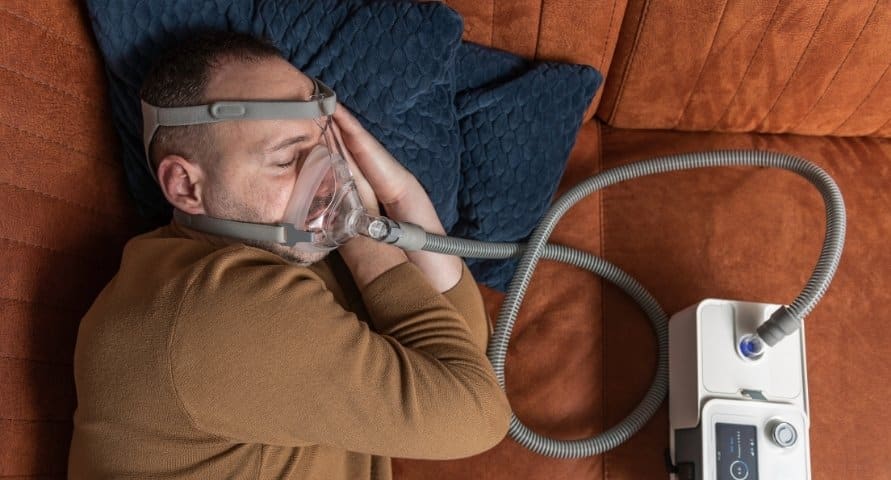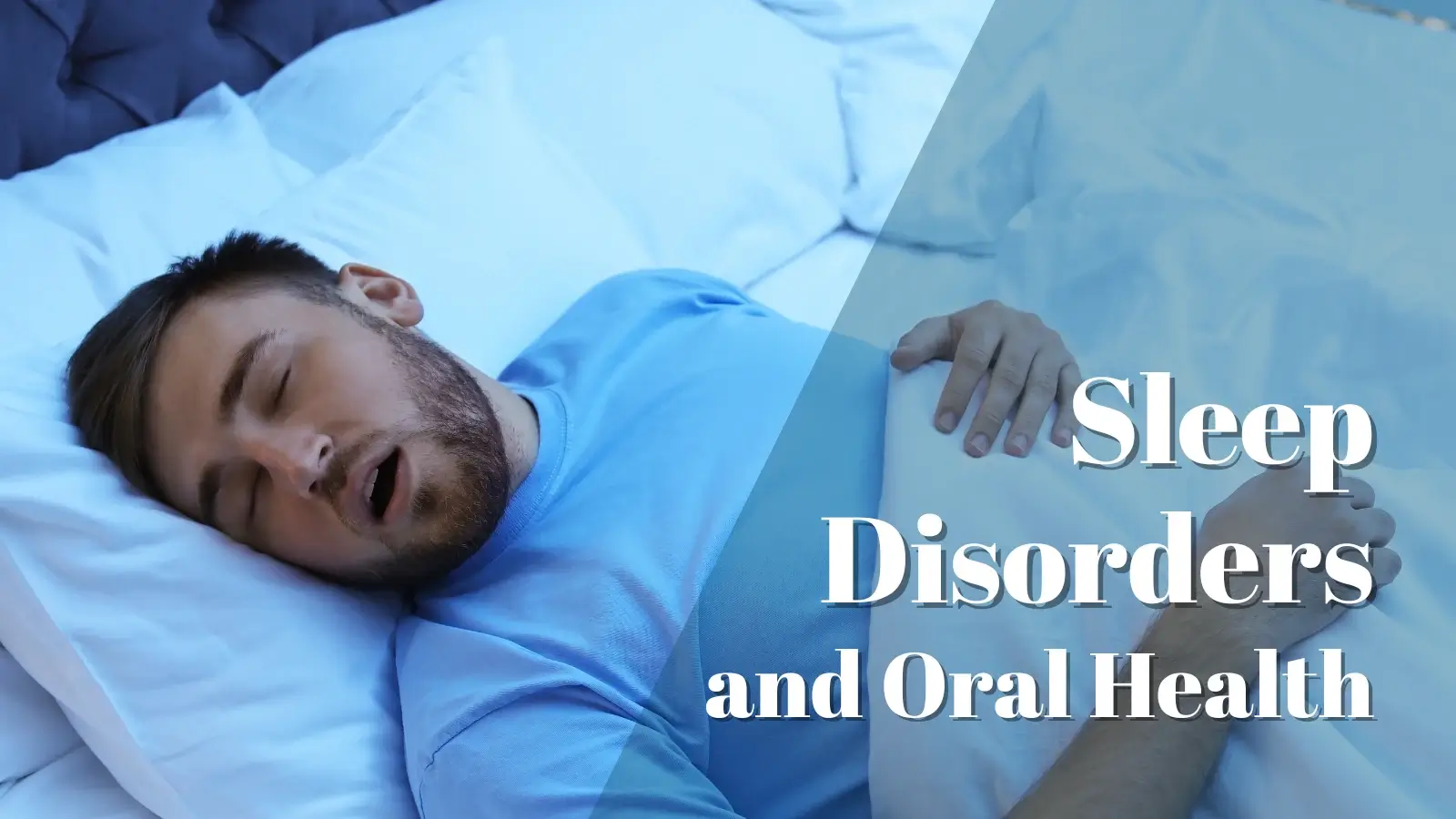245 11th Ave NE Hickory, NC 28601
What Is The Main Cause Of Sleep Apnea?

Struggling to sleep soundly? Experiencing frequent nighttime awakenings, gasping for air, or excessive daytime sleepiness? These could be signs of sleep apnea, a potentially severe sleep disorder that interrupts your breathing during sleep. But what exactly causes this disruption? Let’s delve into the main culprits behind sleep apnea and explore how to breathe easy and reclaim a restful night’s sleep.
The Two Main Faces of Sleep Apnea
Sleep apnea comes in two primary forms:
Obstructive Sleep Apnea (OSA)
This is the most common type, affecting millions of people. During OSA, the upper airway becomes blocked repeatedly throughout sleep. This blockage can be caused by:
- Enlarged Tonsils and Adenoids: These tissues at the back of the throat can be naturally large, especially in children, and obstruct the airway.
- Excess Tissue in the Throat: People with a thicker tongue, uvula (the soft tissue hanging at the back of the throat), or soft palate (the roof of the mouth) are more susceptible to airway blockage.
- Jaw Structure: A recessed jaw can contribute to a narrower airway and an increased risk of OSA. While not a common solution, sleep apnea treatment in Hickory offers minimally invasive procedures to address certain jaw concerns.
- Obesity: Excess weight around the neck can put pressure on the airway and make OSA more likely.
Central Sleep Apnea
This less common type occurs when the brain doesn’t send signals to the muscles that regulate breathing. This can be caused by:
- Heart Disease: Heart problems can disrupt the communication between the brain and respiratory system.
- Neurological Conditions: Certain neurological disorders can affect the brain’s control of breathing.
- High Altitude: Sleeping at high altitudes can temporarily alter breathing patterns and lead to central sleep apnea.
Risk Factors for Sleep Apnea
Numerous factors can heighten your risk of developing sleep apnea, including:
- Age: The risk of OSA increases with age, particularly for men over 40 and postmenopausal women.
- Family History: Having a family member with sleep apnea makes you more susceptible.
- Smoking: Smoking irritates the tissues in the airway and can worsen existing blockages.
- Nasal Congestion: Chronic allergies or a deviated septum can contribute to airway obstruction.
The Domino Effect of Sleep Apnea
The repeated airway blockages in sleep apnea have a domino effect on your body:
- Decreased Oxygen Levels: As your airway closes, your oxygen levels drop.This prompts your brain to briefly awaken you to reopen the airway, often without your conscious awareness.
- Fragmented Sleep: These frequent micro-awakenings disrupt your sleep cycle, preventing you from reaching deep, restorative sleep stages.
- Daytime Sleepiness: The lack of quality sleep leads to excessive daytime sleepiness, impacting your focus, energy levels, and overall well-being.
- Health Complications: Chronic sleep apnea is linked to a higher risk of high blood pressure, heart disease, stroke, and type 2 diabetes.
Identify and Treat Sleep Apnea
If you suspect you might have sleep apnea, consult your doctor. They can assess your symptoms, recommend a sleep study to monitor your breathing patterns and determine the type and severity of sleep apnea. Options for sleep apnea treatment in Hickory and elsewhere can vary depending on the cause and severity. Here are some common approaches:
- Lifestyle Changes: Losing weight, quitting smoking, and managing allergies can significantly improve OSA.
- Continuous Positive Airway Pressure (CPAP): A CPAP machine delivers pressurized air through a mask to keep your airway open during sleep.
- Oral Appliances: Custom-made mouthpieces worn during sleep can help some people with OSA by positioning the jaw and tongue to prevent airway collapse.
- Surgery: In some cases, surgery to remove enlarged tonsils, reshape the jaw, or correct a deviated septum might be recommended.
Taking Back Control of Your Sleep!
Sleep apnea is a prevalent sleep disorder with various causes. Understanding the main culprits and discussing your concerns with your doctor is the first step towards a restful night’s sleep and improved overall health. By addressing the underlying cause, you can experience relief from daytime fatigue, improve your focus and mood, and reduce your risk of long-term health complications.
Consulting with a qualified provider specializing in sleep apnea treatment in Hickory can help you explore the most effective treatment options for your specific needs and unlock the door to a better night’s sleep and a healthier you.
Frequently Asked Question
Symptoms such as excessive daytime sleepiness, even after a whole night’s sleep, frequent gasping or choking sensations during sleep (reported by a partner), loud snoring, morning headaches, Difficulty concentrating, and Irritability are the signals that indicate Sleep Apnea Disorder.
Indeed, untreated sleep apnea can result in significant health issues of high blood pressure, heart disease, stroke, type 2 diabetes, and depression.
Diagnosis typically involves a combination of reviewing your symptoms and medical history, a physical examination, and a Sleep study. This overnight test monitors your breathing patterns, oxygen levels, and brain activity during sleep.
Treatment options differ on the severity and cause of your sleep apnea. Some common approaches include:
Lifestyle changes: Weight loss, quitting smoking, and managing allergies can improve symptoms.
CPAP therapy: A CPAP machine delivers pressurized air through a mask to maintain an open airway while you sleep.
Oral appliance therapy: Custom-made mouthpieces worn during sleep can help some people with OSA.
Surgery: In few cases, surgery might be recommended to remove enlarged tonsils, reshape the jaw, or correct a deviated septum.
While there’s no guaranteed way to prevent sleep apnea, certain lifestyle habits can help reduce your risk. Maintain a healthy weight, Avoid smoking, Manage allergies and nasal congestion, and get enough quality sleep (7-8 hours per night for adults).
If you suspect you might have sleep apnea, consult your doctor to share your concerns and get a proper diagnosis. Early intervention and treatment can significantly improve your sleep quality and overall health.



